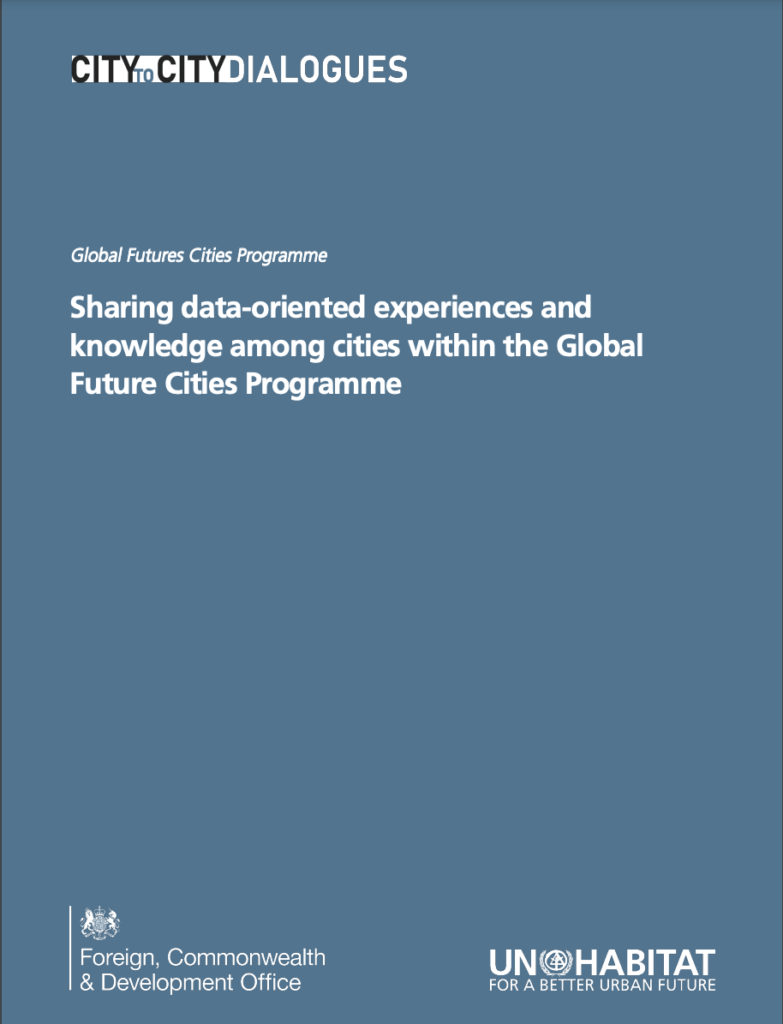Experiences of transition to Digital Cities
Our CTO, Chris Cooper, was the first speaker at a Global Future Cities Programme, arranged by the UK’s Foreign and Commonwealth Development Office.
You can read a summary of the event here or the whole report at this link.
His 5 recommendations when delivering a smarter community were;
1) Start with a vision
What do you want to be famous for? What do you want to be realized moving into the future?
2) Combine such visions with basic principles
For example, the use of data to protect citizens; the use of data to deliver sustainable development goals.
3) Create a framework of outcomes
Once you understand the vision and the principles you will use to deliver the vision, consider using the sustainable development goals as a starting point for what you want to achieve.
For example, if a vision is to achieve air quality and the principles are to do that without compromising economic growth; the outcome will be a reduction of particulate matter while growing GVA (Gross Value Added).
4) Create data points
Measuring your outcomes will enable you to evaluate success and form the basis of a justification for budget.
5) Transformation by moving out of the silo.
One of the main challenges for city planners is how to use the available data. In a smart community, you have a blended set of responsibilities, where work is conducted across silos. The adoption of standards enables this cross-silo working by giving you confidence that the data is in the right format, at the right time, and trustworthy.
You can read the whole report at this link
You can read more on this topic in Chris’s previous articles
How to capture & exploit data value in digital twin and smart city projects


Thanks!